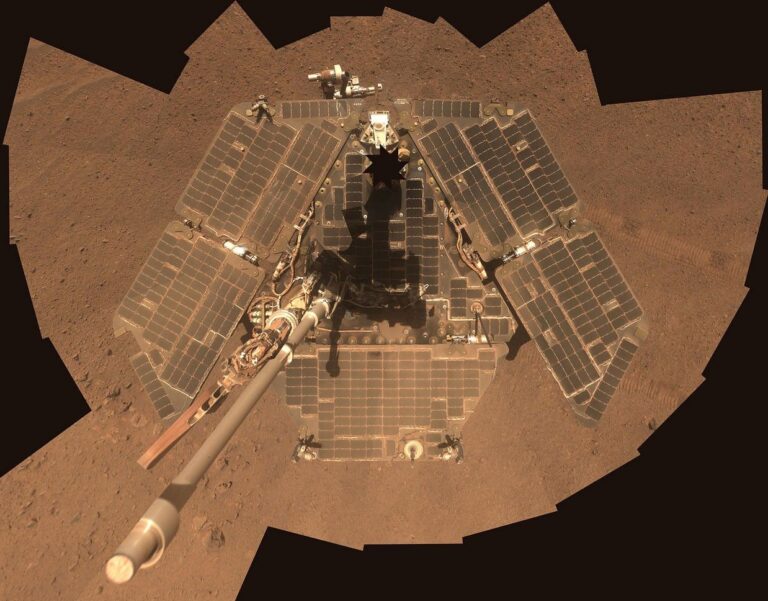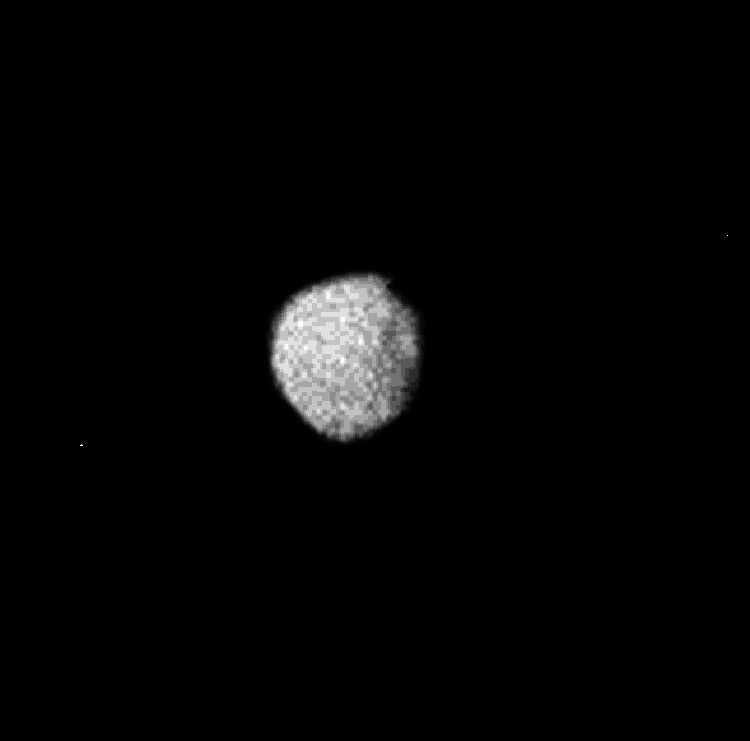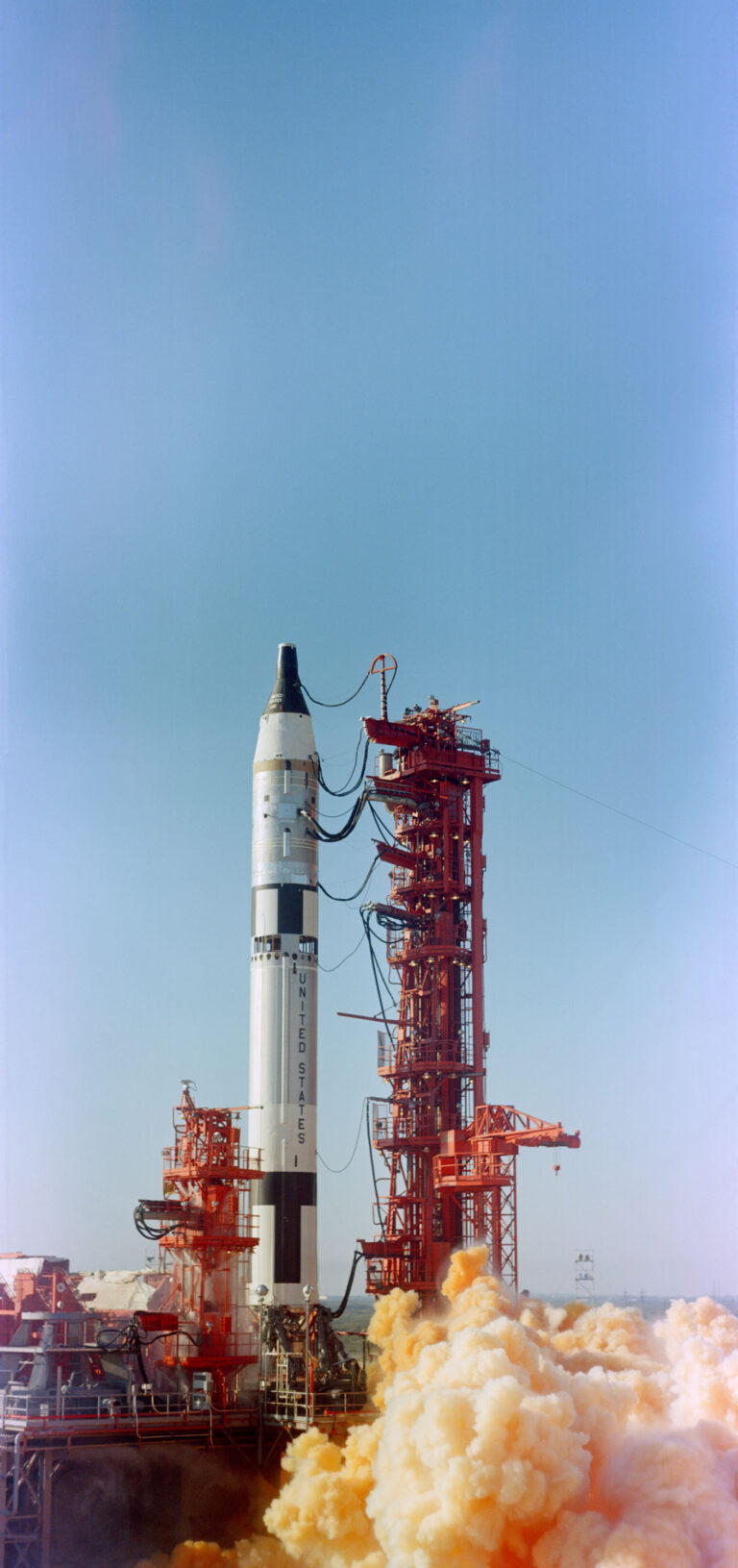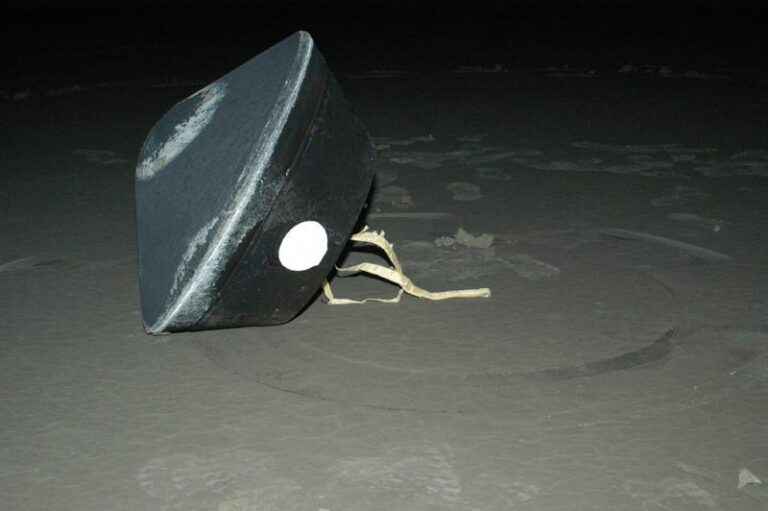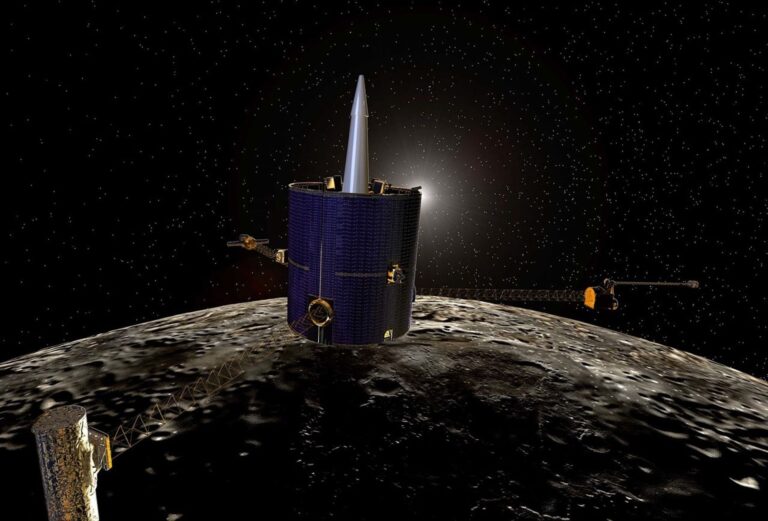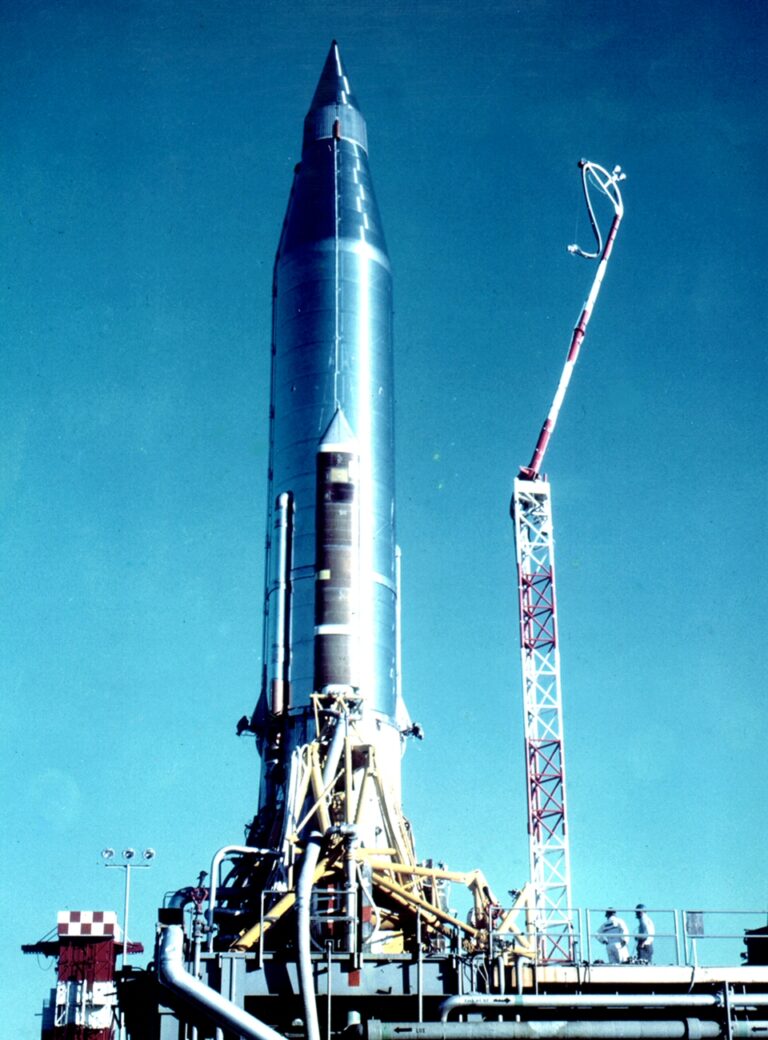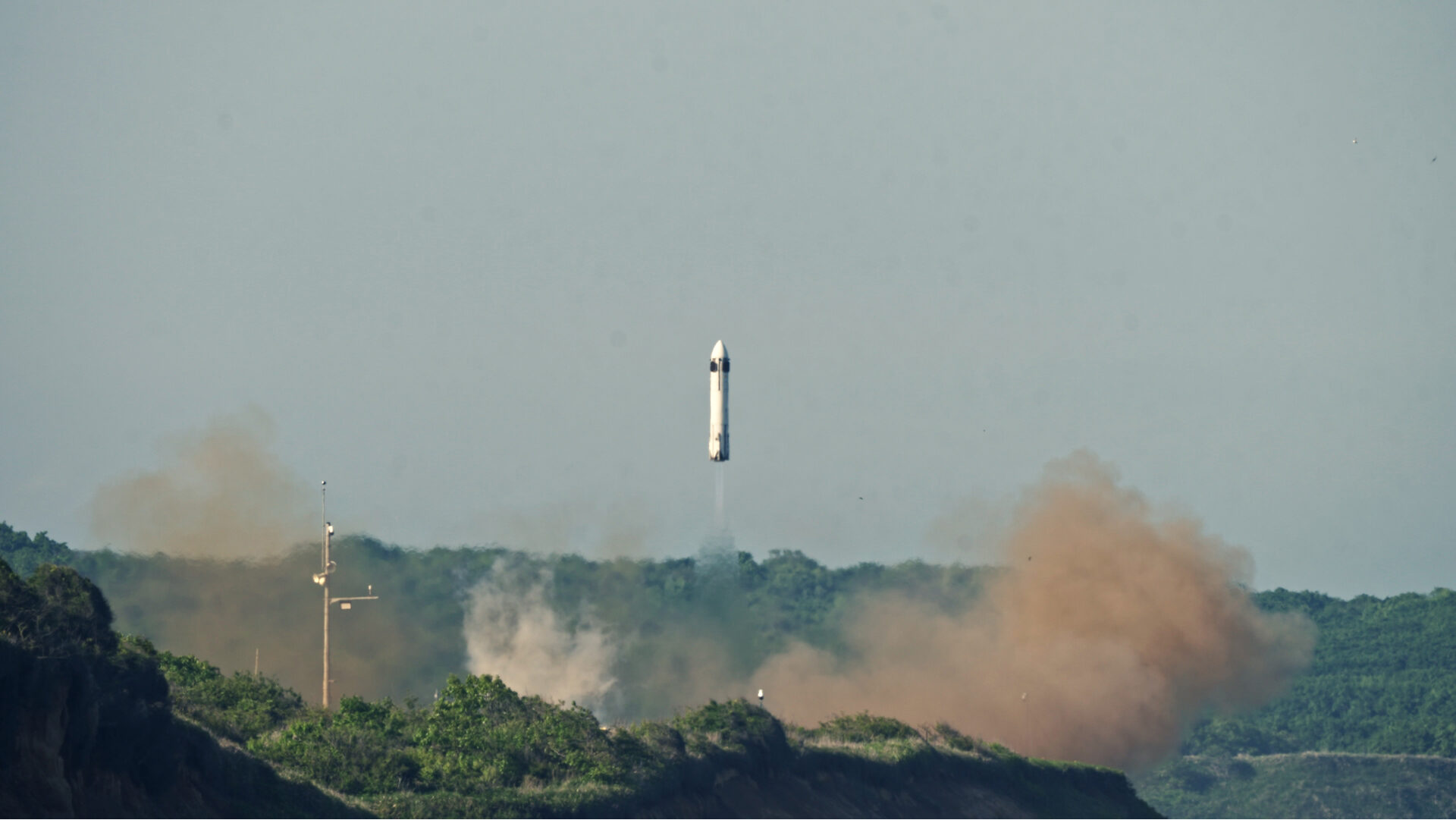
In a bold shift beyond its automotive roots, Honda has quietly entered the spaceflight arena, unveiling a small experimental rocket capable of vertical takeoff and landing.
On June 17 at 4:50 p.m. local time, the prototype vehicle launched from a Honda facility in Taiki Town, Hokkaido, rising to around 890 feet (271.4 meters) before descending to a pinpoint landing within 15 inches (37 centimeters) of its target touchdown point on its 56.6-second flight. According to Honda, the company “achieved its intended rocket behaviors for the launch and landing…while obtaining data during the ascent and descent.”
The milestone marks the first successful test of a reusable rocket by a Japanese company. It also puts Honda in rare company globally, with the United States and China having previously fielded similar vertical-landing rockets.
For Honda, the successful test, announced later that day in a press release, is an ambitious step into the space industry for a company best known for efficient engines and precision-built vehicles. Honda’s history of surprising innovation includes ventures like the HondaJet, which became the most delivered very light jet in 2017 — and now, it seems, space is next.
Although the news surprised many, Honda began seriously pursuing rocketry in 2021, when it announced plans to develop reusable rockets along with other innovations in space, including what the company calls “a circulative renewable energy system on the lunar surface.” As of Tuesday, it has achieved the reusable rocket milestone. The company now aims to launch a suborbital vehicle by 2029, though the project remains in an early research phase with no decision yet taken on whether to commercialize its rocket technologies.
Honda says its rocket initiative was sparked by the ambitions of young engineers eager to apply the company’s core technologies — such as combustion systems and advanced control systems — to spaceflight. The company sees potential not only in satellite services like Earth observation but also in building out an orbital data and communications infrastructure that could enhance Honda’s other businesses, including applications like self-driving vehicles and sustainable transport systems.
“We are pleased that Honda has made another step forward in our research on reusable rockets with this successful completion of a launch and landing test,” Toshihiro Mibe, Global CEO of Honda, stated. “We believe that rocket research is a meaningful endeavor that leverages Honda’s technological strengths.”
Mibe frames the rocket program as part of a broader mission: “to continue creating new value which will make people’s time and place more enjoyable” — whether on roads, in the air, or soon, in orbit.

